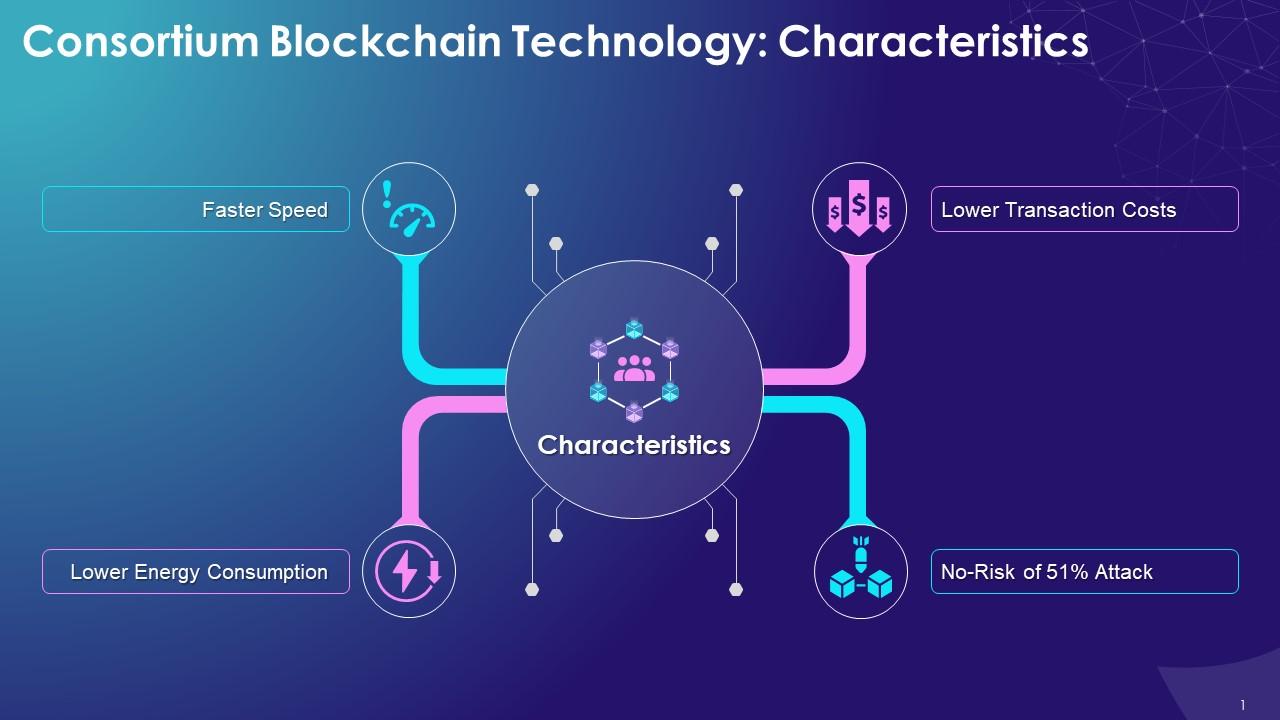Heard about Public and Private Blockchains but not Consortium Blockchain? You might be missing out on something very important. Blockchain technology has come a long long way since its inception. Consortium blockchain is proof of that, but why such a buzz about it? Well, the feature of it is to have the benefits of both, public and private blockchains. So, let’s dive into the blog and check out the buzz!
Demystifying Consortium Blockchain
A consortium blockchain is a subtype of blockchain technology that combines elements of both centralized and decentralized systems. In a consortium blockchain, a controlled network is created where a group of organizations has a stake in the blockchain. These groups of organizations collaborate to create and maintain the blockchain system.
A consortium blockchain is a type of network. Here multiple organizations or entities come together to collectively maintain and validate transactions. Moreover, this approach to blockchain technology is particularly useful when companies from the same industry need a common platform to share information and collaborate on projects.
The Features and Benefits
Consortium blockchains are a hybrid between public and private blockchains that provide several benefits. They offer enhanced data privacy, faster transaction processing, and specific regulations and rules. Therefore fostering a collaborative environment among multiple companies and groups. By connecting a small number of well-known members, consortium blockchains eliminate the risk of criminal or illegal activity associated with anonymous users, creating a secure platform for businesses.

source: SlideTeam
They also mitigate the risk of 51% attacks, ensuring the integrity of the network. Consortium blockchains are a secure and efficient platform for multiple companies and groups to collaborate and process transactions quickly.
The Working
Consortium blockchains are a hybrid between public and private blockchains. They are built to enable multiple companies or groups of organizations to work together in a secure and efficient environment. In a consortium blockchain, access to the network is restricted to a select group of participants who are known and trusted. To validate transactions, a consensus mechanism is used, which varies depending on the specific consortium blockchain.
Once a transaction is validated, it is added to the blockchain, which is then updated across all participants in real-time. Consortium blockchains offer enhanced data privacy by limiting access to a select few individuals, ensuring the safety and uniqueness of data within the blocks. With fewer users and controlled user groups, consortium blockchains enable faster transaction verification and consensus-building, facilitating quicker deals. Consortium blockchains enforce specific regulations and rules, fostering a collaborative environment among multiple companies and groups and increasing efficiency.
By connecting a small number of well-known members, consortium blockchains eliminate the risk of criminal or illegal activity associated with anonymous users, creating a secure platform for businesses. Consortium blockchains mitigate the risk of 51% attacks, as multiple groups’ members cannot easily collaborate to override or reverse transactions, ensuring the integrity of the network. Overall, consortium blockchains are a secure and efficient platform for multiple companies and groups to collaborate and process transactions quickly.
Real-Life Use Cases of Consortium Blockchain
Consortium blockchains are used in a variety of industries, including banking and finance, supply chain management, decentralized digital identity, insurance, and asset trading.
Ripple facilitates cross-border payments in the banking and finance sectors, making transactions faster and more efficient.
They offer a shared system for supply chain management where diverse organizations can communicate information, boosting transparency and accountability in the supply chain.
In addition, the Consortium enables decentralized digital identification systems, allowing organizations to securely communicate and verify identity information.
Consortium blockchains improve openness and accountability in insurance and asset trading, making systems more dependable and efficient.
Furthermore, consortium blockchains can be used for Know Your Customer (KYC) reasons, where banks can securely store important creditor information, making it easier to identify and retrieve crucial information.
The Future
The future of consortium blockchain is probably very promising, as more and more companies recognize the plus point of using it for their communication and transaction needs. Its adaption would increase the major reason being, consortium blockchains offer enhanced safety and security compared to other traditional centralized systems.
By providing the decentralized nature of consortium blockchains, companies can reduce the risk of single points of failure and unauthorized access. The consensus mechanisms employed by these blockchains ensure that transactions are validated and recorded. In a transparent and immutable manner, making them more trustable for business operations.
They enable secure and efficient sharing of information among the group of companies, promoting collaboration and streamlining processes across multiple organizations. This enhances the level of security and efficiency and can lead to cost savings, improved data integrity, and reduced operational complexities.
As technology adults, consortium blockchains are expected to witness broader adoption across various industries. They provide a foundation for building robust ecosystems. Where different stakeholders can collaborate seamlessly while maintaining control over their own data. The integration of smart contracts and other advanced features further expands the potential use cases and benefits of consortium blockchains.
Conclusion
In short, consortium blockchains present an exciting advancement in blockchain technology. Consortium blockchains provide a safe, efficient, and collaborative platform for multiple organizations. They share information, confirm transactions, and expedite their operations by integrating the benefits of both public and private blockchains.
Banking, finance, supply chain management, decentralized digital identity, insurance, and asset trading are all ideal applications for consortium blockchains. As they have advantages such as greater data privacy, faster transaction processing, and adherence to certain norms and rules.
To know more about Consortium Blockchain, go check out SunCrypto Academy.
Disclaimer: Crypto products and NFTs are unregulated and can be highly risky. There may be no regulatory recourse for any loss from such transactions. All content provided is for informational purposes only, and shall not be relied upon as financial/investment advice. Opinions shared, if any, are only shared for information and education purposes. Although the best efforts have been made to ensure all information is accurate and up to date, occasionally unintended errors or misprints may occur. We recommend you to please do your own research or consult an expert before making any investment decision. You may write to us at [email protected].





